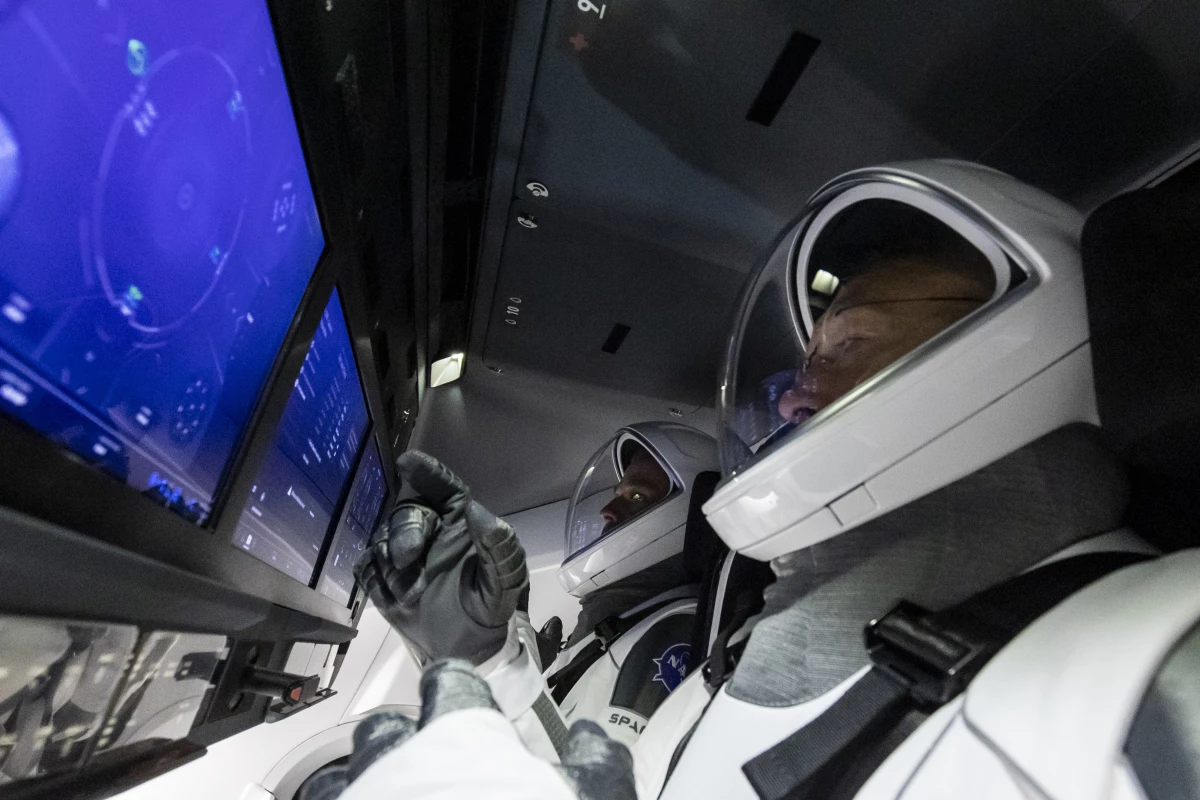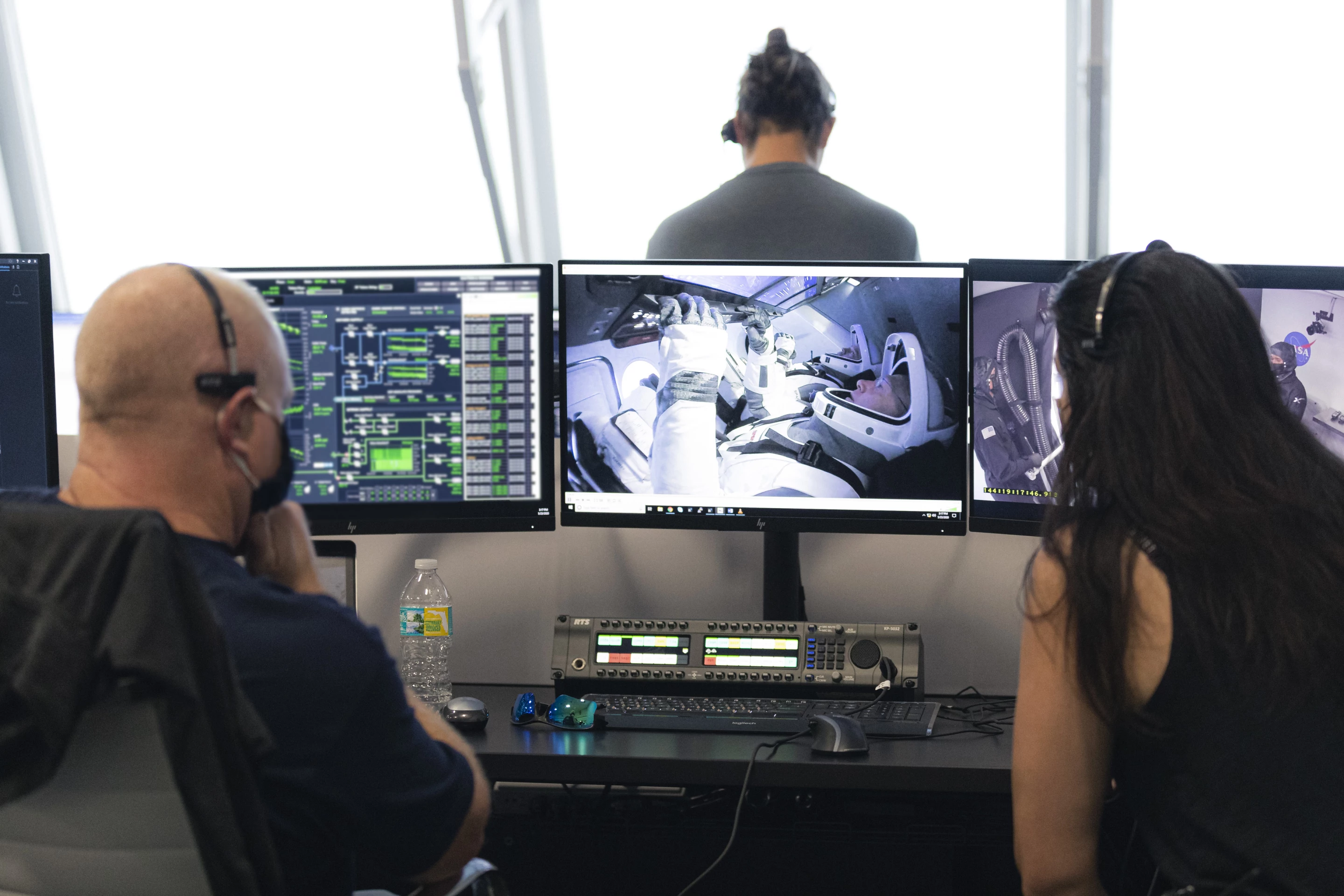The stage is set for a landmark launch for NASA, with the final dress rehearsal now complete ahead of Wednesday’s Demo-2 mission. The mission will see US astronauts launched into space from American soil for the first time in nine years, and if successful, verify the SpaceX Crew Dragon spacecraft for continued, long-duration missions to the International Space Station.
The Demo-2 mission is a key hurdle in NASA’s Commercial Crew Program, an initiative to launch crews into space using American-built spacecraft. NASA awarded both Boeing and SpaceX contracts as part of the program, with the companies' Starliner and Crew Dragon spacecraft both undergoing unmanned test flights last year, with varying degrees of success.
The Crew Dragon managed to dock with the International Space Station in March last year, although a follow-up test flight in April failed to get off the ground due to a launchpad explosion. Earlier this year, NASA and SpaceX successfully completed a series of inflight abort tests and demonstrations of its evacuation systems, clearing the way for the first manned flight of the Crew Dragon this week.
The Demo-2 mission will be the first manned mission to launch from the US since the retirement of the Space Shuttle in 2011. Onboard will be spacecraft commander Douglas Hurley, who served as pilot and lead robotics operator on the Space Shuttle’s final flight, and joint operations commander Robert Behnken.
Over the weekend, the astronauts took part in a full rehearsal of the launch day activities at Kennedy Space Center Launch Complex 39A, the same launchpad used for the Apollo missions to the Moon. With the final practice run now complete, the pair are preparing for the real deal.

The Demo-2 mission will launch atop a Falcon 9 rocket and carry the astronauts toward the International Space Station at around 17,000 mph (27,360 km/h). While the spacecraft is designed to dock autonomously with the space station, the astronauts will be prepared to take control and make adjustments in flight if need be.
This particular Crew Dragon can remain in orbit for around 110 days, though mission control will determine the duration of its stay once docking is complete. The astronauts will carry out tests on the spacecraft and then when it is time to return, Crew Dragon will undock autonomously with the pair onboard and make a splashdown off the coast of Florida.
All going to plan, this final big test for SpaceX’s Crew Dragon will validate its end-to-end procedures for crew transportation, launch pad, and spacecraft operations. The launch is scheduled to take place on Wednesday at 4:33 pm EDT.









